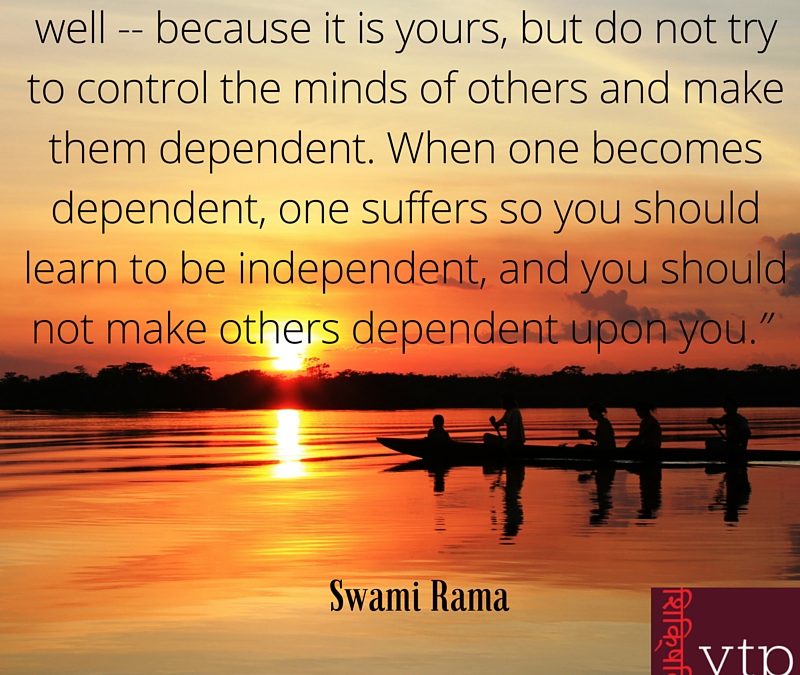and nobody was born knowing
Learning is a fascinating but fascinating process that does not mean pleasant or easy, nor that at any time in our lives we will be willing to assimilate things according to the depth they require.
- We begin the learning process by looking at the world with our eyes wide open.
- Looking with a face of perplexity at what is going on around us.
- We see an object appear and disappear and assume that it is the same.
- But the reality of things remains beyond the reach of our senses.
- We realize that others understand common language and not the babbling we use.
So have we chosen to communicate in this way because we also want to share the experience of asking, expressing our opinion?
We integrate the prompt experience of our observation, put the spoon or scoop of porridge on the ground and have an explosion with gravity, this is much more interesting, of course, than the anger of the parents or the complicity of grandparents who, in some cases, also seem to regain gravity in their own way.
As we continue to grow, we assume that our parents also continue to grow. No growth is easy; parents want to protect their children, but at the same time, children want more and more freedom.
Thus, parents one day realize that their children have left the circle they dominated, and that there are many things their children will have to face alone, but for them it is even harder to understand that there are other things in their environment. environments they already know, but that their children will have to learn for themselves.
I’m sure a teenager could read all the existing literature on love, but he would never live it. Of course, there are great descriptions of it, but we only recognize it when we’re already sorry. On the contrary, it seems that yes, we something external and a little strange.
Thus, there are certain learnings that only occur when the experience occurs in the first person. Why? Because these are lessons that concern us, in which we are directly involved, they are complex emotional processes that we must develop to reach maturity and define our path.
In other words, no matter how similar our genome may be, each of us has a particular level of acceptance and tolerance; we must learn to move around the world with our own characteristics and not with those of others.
We must come to our own definition of love, hatred or mistrust. It is precisely these individual details that make a difference: what we do and not what others are trying to give us as advice.
So, there is a pain that cannot be avoided, for example, the first great disappointment with a friendship, someone might have warned us that he was not a good person, that we had to escape, but we have to check, we have to see him with our own eyes.
We need to know in depth the process that leads to disappointment, because in this way we will develop the necessary resilience throughout our lives, when there is much more at stake than a few nights of insomnia by a broken friendship.
Of course, there are limits and you have to stop someone from jumping off a bridge, but I have a feeling that those limits, in most cases, are because they are too restrictive, not the other way around.
This is not only important because we can prevent someone from learning, but also because we make sure that learning takes place farther from us than we would expect at first.
The person in question may be delayed for fear that we will try to influence when we are not needed, with this we often cannot help at really important moments, becoming two strangers, increasingly distant.

